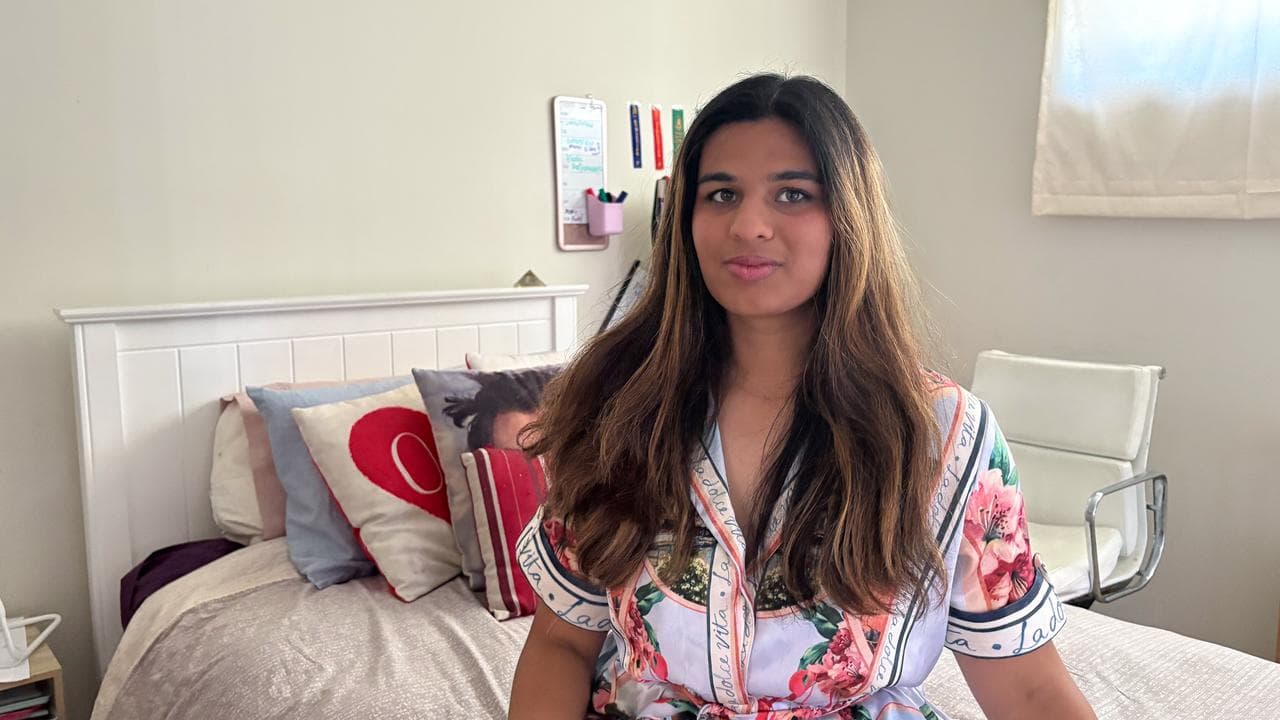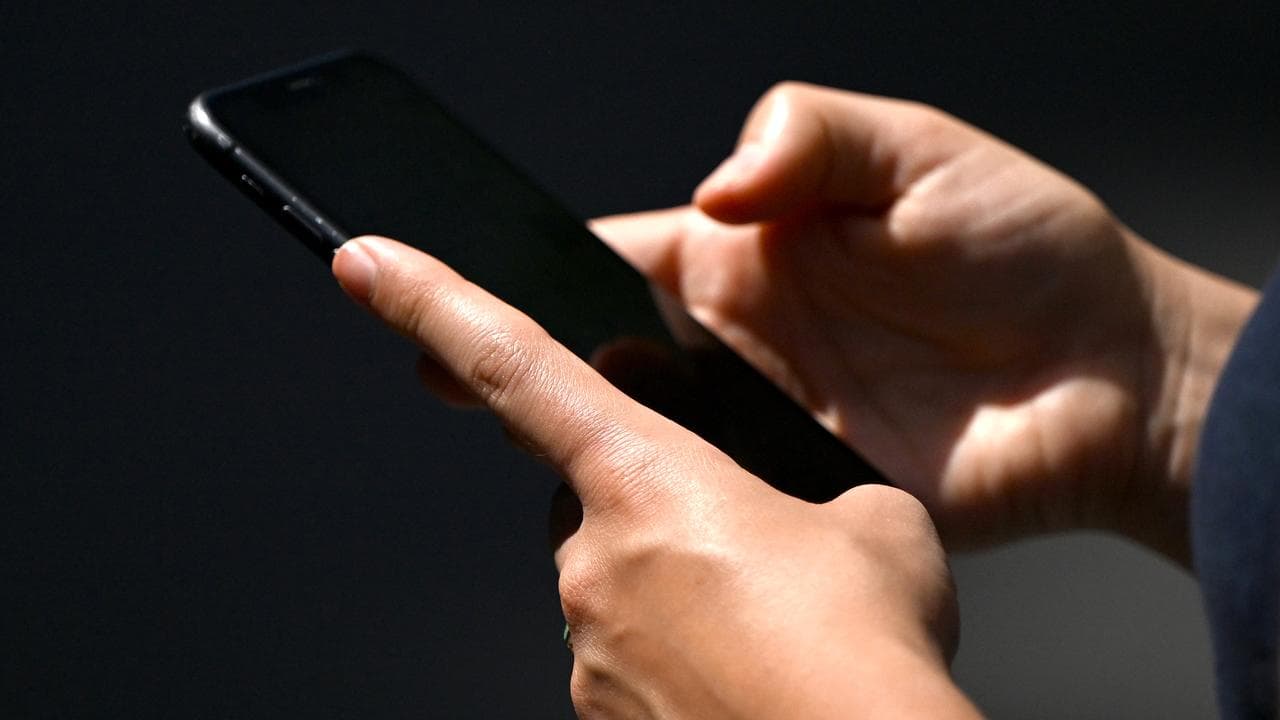
Laziness may not be behind Australian teenagers' chronic sleepiness despite one-third of a parents believing the myth.
Research by The Royal Children’s Hospital in Melbourne released on Wednesday shed light on the incorrect stereotypes facing sleep-deprived students.
Paediatrician and director of RCH's National Child Health Poll Dr Anthea Rhodes said natural changes to teenager's internal body clocks are the more likely reason for nightly woes than bad habits alone.
"The body clock, or diurnal rhythm does shift, which means your natural hormones are more stimulated into the evening, and you're wired to want to stay up later," she told AAP.
"Then, because teenagers still need a large amount of sleep due to growing and developing a lot and their brains changing, they generally end up needing to sleep in."

Doctors labelled other factors such as inconsistent bedtimes, screen use before bed and caffeine as all contributing to difficulty getting to sleep.
More than 1600 Australian parents of school-aged children were surveyed by The National Child Health Poll about their beliefs regarding sleep and their child’s sleep habits and common bedtime myths for the study.
One-third of parents think if teenagers can’t get up for school, they’re lazy and almost half hold the misbelief that too much sleep is bad for youths.
Similarly, 42 per cent of children have a problem with their sleep patterns.
High schooler Aliyah R-Shakeel, from Melbourne's northeast, said although she still describes herself as an early bird, screens did often hinder her sleep efforts.
"I'm usually talking on the phone with my friend any time until 10 or 12 or I'm just scrolling on TikTok, lying there before I pass out," she told AAP.
"As I've gotten older I have to study more and have friends to socialise with and more access to social media so it feels like my brain is just used to staying up later."
Dr Rhodes said an alarming half of parents surveyed believed screen time before bed could be helpful in getting them a restful night.
"Because you might look at a child or your teen, and they look quite relaxed, and quiet on their bed and think, 'Okay, they're winding down'. But actually their brain is winding up while they're engaging with the screen," she said.
"By having artificial light, it's a bit like your brain is being told, 'It's daytime, it's morning, stay awake.'"




